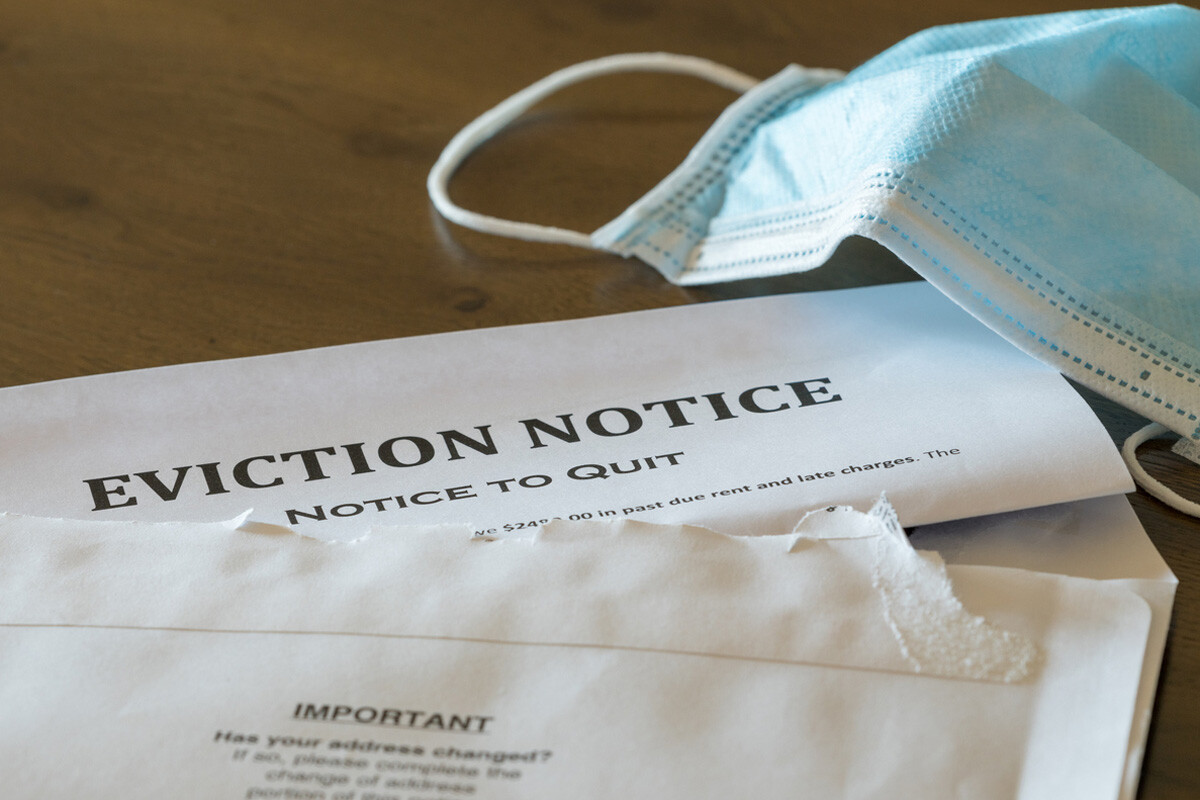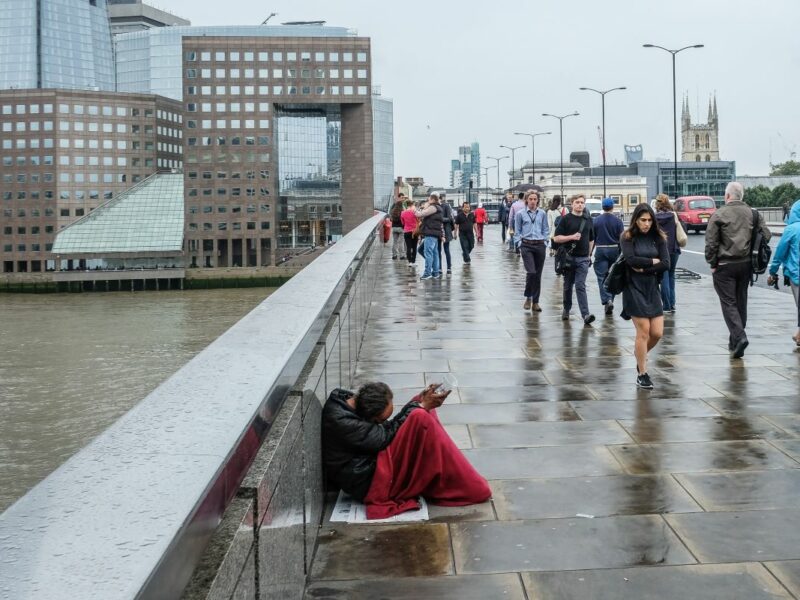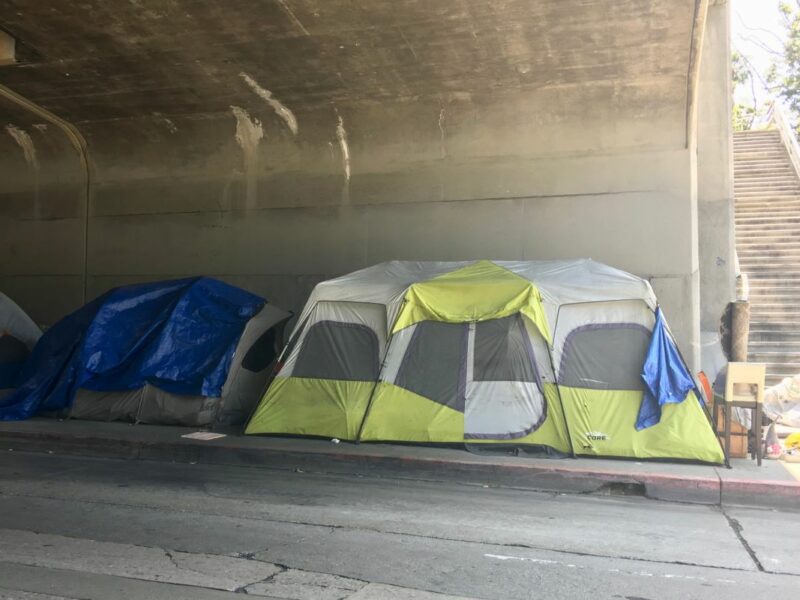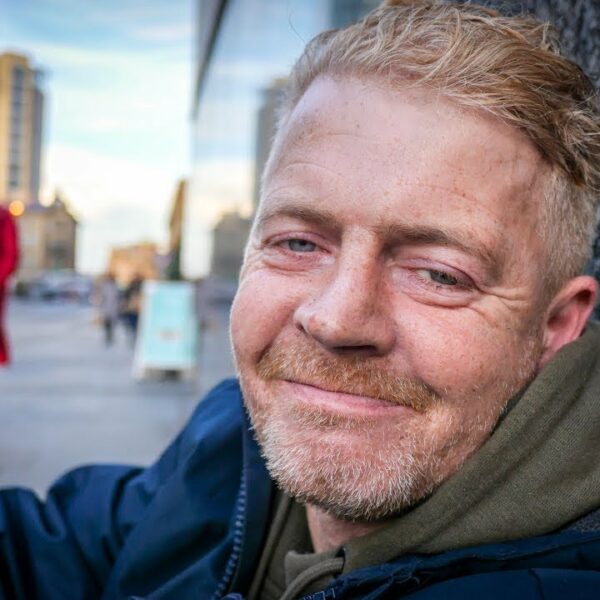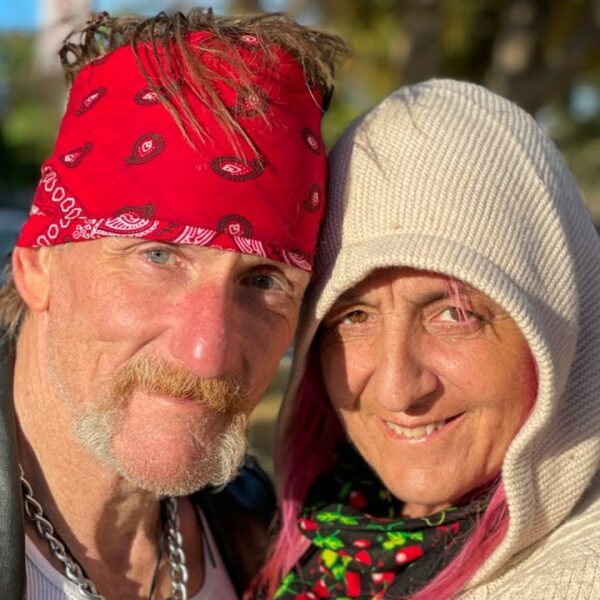#NoBailOuts4BigRealEstate
Never in a million years could I have predicted that the most heartless landlord story I’d report on would be my own.
But here we are. An international pandemic is in full-swing across the globe. The economy is devastated. Tens of millions of US renters are at risk for eviction. Many American tenants were only one tragedy away from homelessness to begin with. Although I rarely consider the possibility, that statistic includes me and my family.
A few days ago, I received a not-so-subtle reminder of just how quickly the rug can get ripped out from underfoot and you can lose everything. When people become homeless, you see, they do lose everything… They don’t just lose their “house”. Rather they lose their home, meaning they lose:
Safety
One in three homeless people report enduring some sort of physical assault while living unhoused, and that number reflects only reported crimes. Experts concur that the true statistic is likely much higher. Types of assault include, but are not limited to: kicking, hitting, spitting, blunt-force trauma, murder, rape, kidnapping, verbal abuse, being lit on fire, and more. From gruesome attacks and fatal altercations to unjust arrests and unexpected sweeps, being homeless means never feeling safe anywhere at any given point in time.
Children
One of the first things homeless people almost always lose is their own kids. Be it at the door of a shelter that separates parents from children, or to the hands of a concerned family member who makes room for the little ones in a doubled-up situation. The long-term effects of this range from severe depression and suicide ideation to juvenile delinquency and inflated rates of dropping out of school.
Belongings
Homeless people rarely get to keep their belongings, which means they lose furniture, sentimental keepsakes, glasses, contact lenses, prescription medications, and the paperwork they need to return to housing, among other things.
Health
Homeless people are 3-4 x more likely to die prematurely when compared to the housed population. They experience elevated risk for every kind of illness from COVID-19 to PTSD, from oral decay to frostbite from exposure to cold.
Given the current health crisis, it is in everyone’s best interest to prevent homelessness at all costs. This is why we recently passed yet another eviction moratorium. This is why the latest COVID care package included $25 billion in rent relief. But I just learned the hard way that none of these measures are fixing the problem. There are many reasons why evictions are still being carried out all across the United States, but the biggest problem is this:
The Largest Real Estate Company in the Country is Illegally Evicting Residents! I Know Because They Tried to Evict Me. Here’s a Brief Summary of How Quickly it Happened.
Life is full of surprises – little cuddly ones, big scary ones, and everything in between. Rewind the clock to January 21st of 2020. COVID-19 was not yet part of our vocabulary. This is the day I gave birth to my son Ibraheem, when tears of joy streamed down my face. It was one of the happiest times of my life. But because life is full of trials, that joyous moment was followed by a brief, sorrowful pause. 11 days post-delivery, I was diagnosed with early-stage breast cancer.
The months that followed are a bit of a blur. There were ups and downs, hardships and mercies, setbacks, and unexpected expenses. I hugged my children tighter than I used to. I received gifts from total strangers and phone calls from long-lost friends. While I continued to work as a writer when I could, over the course of this past year, I underwent all of the following medical procedures:
- C-section
- Double mastectomy
- Port implant surgery
- 16 dose-dense rounds of chemotherapy
- Tissue expansion
- Port removal surgery
- Reconstruction surgery
- Hernia repair surgery
And of course, we were all social distancing so this means it was difficult to find sitters. It means our teen daughters were home but in school at the same time. It means that we, like most other Americans, were juggling and perhaps even the word that rhymes with juggling – the one that starts with a big letter S that I dare not utter aloud.
Through the grace and mercy of Allah the Most High, we managed to stay afloat. We dipped into our savings, leaned on family and friends. We fell into Sujud, and through this, we got back up.
Ironically, my husband is a crisis counselor.
He’s an essential worker who has been putting his life on the line each day since the pandemic started and then coming home to handle more illness in the form of a newly diagnosed, cancer patient spouse. My husband has been working in the same hospital since he was in high school. The job is familiar. The pay is good. But the insurance didn’t quite cover everything I needed and the hours were too strenuous in our new situation.
Given the circumstances, he took a new job for a slight pay cut because it featured stellar health insurance. The bittersweet irony of this cannot be understated.
My husband worked extra hours. Caring strangers, friends, and organizations like:
- Living Beyond Breast Cancer
- Girl’s Night Out
- Lisa’s Army
- For Pete’s Sake
- Invisible People
- Kevin Cain Memorial Foundation
- Unite for Her and others
contributed to our family in different ways. Mostly, it was my husband picking up all the slack, washing the wounds I was afraid to look down at, feeding the baby after a fifteen-hour shift, wiping my tears away with that loving smile like he always does. Life has hardships for sure, but we were still okay.
Then about a month ago, my husband walked in the door and he almost frowned, a thing he absolutely never does.
“Everybody on our floor has COVID,” he said, shaking his head before chuckling, “and I can’t taste or smell a thing.”
To make a long story short, we all got COVID – my husband, me, and our children, even little Ibraheem who was almost one. And when his tiny throat hurt, he would close his big wide eyes, squeeze his itsy-bitsy fingers together and yell the word he knows through tears. “Da-Da! Da-Da!”
Because my husband was a new hire, not yet 90 days into employment, he didn’t have any sick days. He was not allowed to return to work for a number of weeks, to be on the safe side. He was told to contact workman’s comp who told him to call the unemployment office. A game of compensation volleyball began and we are still in the thick of that. My husband has yet to learn when he’ll be compensated for his lost time and if he will be compensated at all.
I would have been concerned since we had long spent the last of our savings, but I wasn’t. I’m a homeless education writer. I’m well aware of all the measures that are in place to keep families like ours from becoming evicted. They include:
- Eviction moratoriums
- Rent relief
- Unemployment compensation
What I didn’t know at the time was that all of these safety nets would collapse on our family for one reason or another. It would happen in a matter of days – in 13 days to be precise, at which point we would receive a letter telling us we have exactly five days to pay the rent or get out. Here’s what the letter looked like:
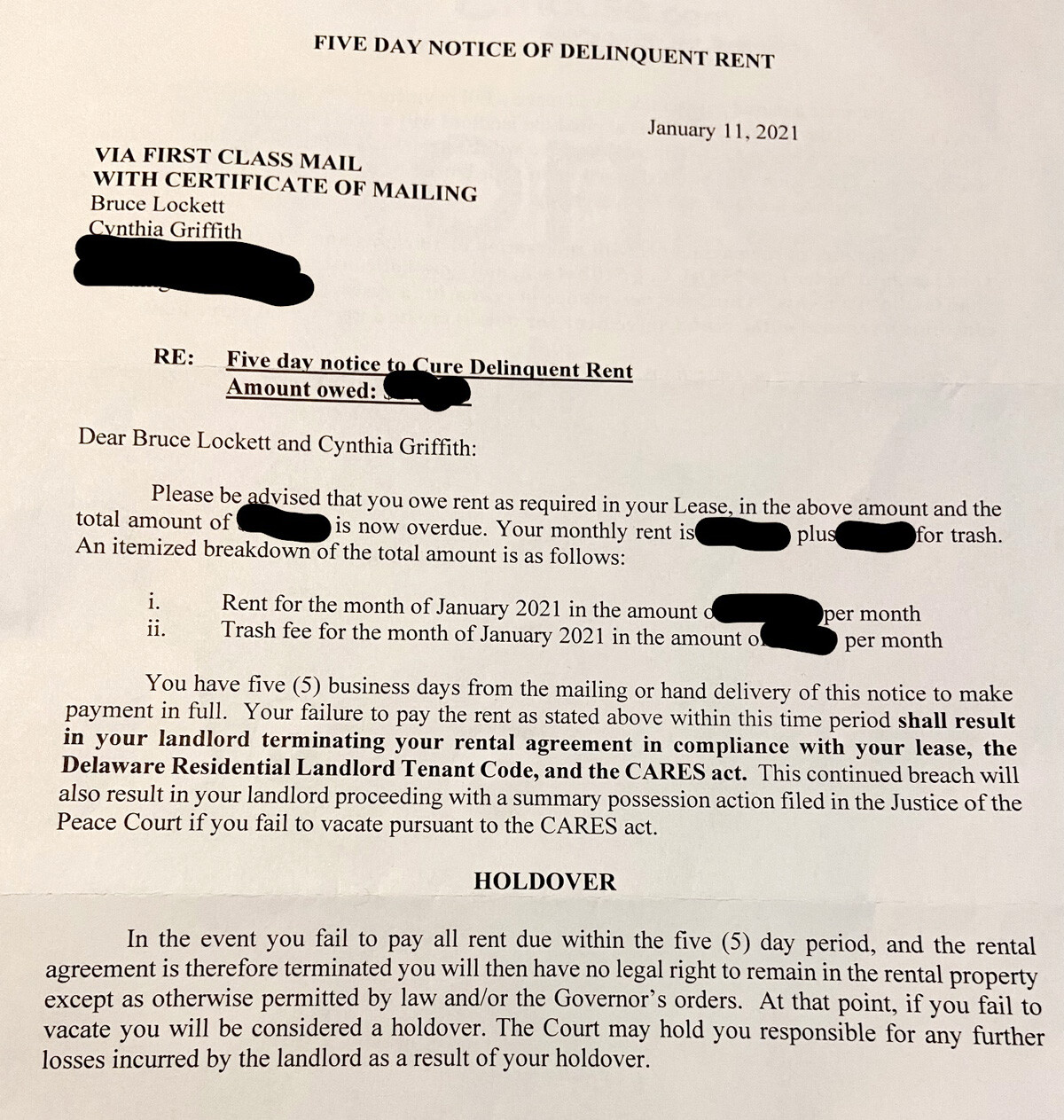
A Happy Ending for Us, But I’m Certain There Are Others
Our family narrowly escaped this highly illegal, self-help eviction imposed upon us, but that’s really just the beginning of this story.
You see, our current landlord is the global leader in rental housing. They are ranked number one among the top 50 apartment managers. Before my own personal experience, I had quite wrongly assumed that landlords breaking the eviction moratorium were rogue property managers, desperately trying to maintain their tiny prospects.
I could not have been more wrong.
At this point, I must assume that millions of families like mine are at risk for self-help eviction and at the mercy of big real estate – the big bad wolf who’s been prowling around the recently impoverished, seeking to suck us all dry. My little brush with eviction has revealed harrowing truths about the flaws in America’s flimsy eviction safety net. Please follow me on Twitter and on my journey as I delve deep into the rabbit hole of this eviction crisis and answer questions like:
- Why evictions are happening during the pandemic
- Who they’re happening to
- Who’s supposed to be preventing them
- Why certain securities like rent relief and moratoriums are not saving America’s working class from homelessness
What I’ve learned so far is absolutely shocking so stay tuned. And if you have a story like mine but lack the platform to expose it successfully, please message me on Twitter or email me directly at [email protected]. I will make your voice heard.
Conclusion: The Big Bad Wolf of the Eviction Crisis is Still Very Much at Large
I knew I’d find the big bad wolf eventually. I just never realized he was right here in my own backyard and all I had to do was wait for him to knock on my door.
With more than 713,000 rental units and $37.2 billion in assets, this bloodsucking investment entity will stop at nothing to make a buck. They are willing to plow over infants, kick out cancer patients, and collect checks at the expense of essential workers. They are unapologetically declaring war on American renters.
I sincerely hope you remember this story when said big bad wolf puts that sheep suit on and begs for bailouts from the American people. They’re already trying. Here’s our response. #NoBailouts4BigRealEstate period. They wouldn’t do it for you and you can bet the bank on it.
Contact your legislators and let them know that you are absolutely infuriated by the fact that big real estate is breaking the laws that were drafted to protect everyday people like me and you.
* Update: Since publishing this post, certain names have been removed for legal purposes. While I am not at liberty to divulge much information, I will say that this is a great example of how current laws lean heavily in favor of landlords over tenants and how our so-called “freedom of speech” comes at a price that is too high for most American workers (including/especially independent journalists) to pay.







